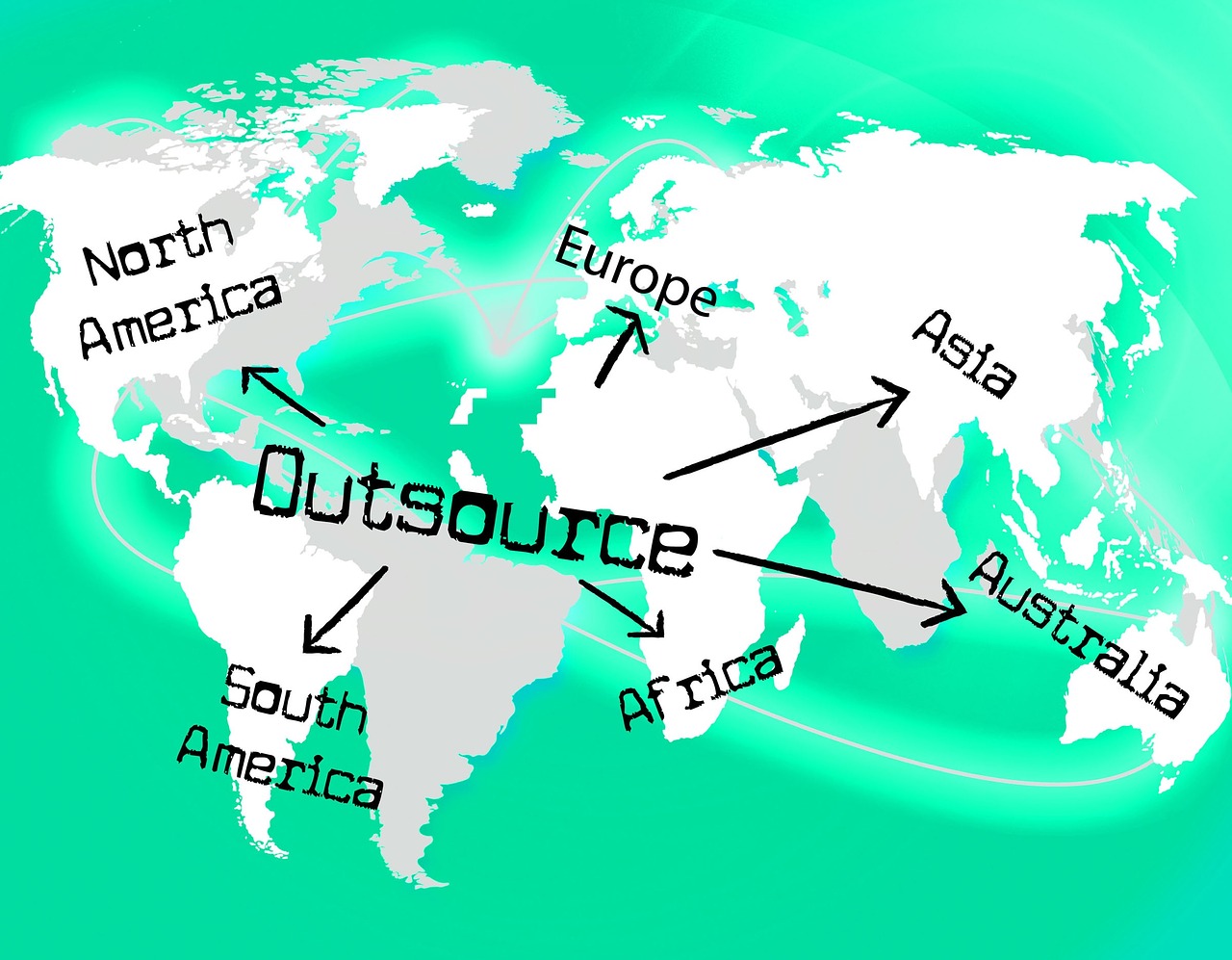
Outsourcing simply means giving a specific role or project to an outside company or individual. Many of the outsource websites including Elance.com, Freelancer.com or ODesk.com have a plethora of people waiting to handle your project. However a big word of warning; the majority of providers are ‘yes men’ and will claim they can do anything you ask or give them. But in my experience of using over a 200 different outsource companies or individual’s for various projects from logo design, through data entry to web development, I can guarantee you that at least 70–80% are mediocre at best.
Am I saying all outsourcers are bad? No, and you could effectively run your whole business this way like the very successful Double Your Dating company does. What I am saying is this: take your time hiring someone and select outsourcers with a high positive feedback and absolutely interview them (or grill them even) prior to hiring them. Do not pay any money up front until you have worked with them and are happy with their skills (where possible), and get them to sign a contract that covers various points. See ‘Hiring a Web Designer’ in Step 3 of Ecommerce Get It Right! for more on this type of contract.
Do You Have the Resources?
Typical daily ecommerce projects or tasks include: web design and development, sales, operations, customer and technical support, packaging and shipping products, copy writing and web content, images, data entry, marketing and SEO.
So take into consideration what you or your team can handle and how you can save time, energy and money by outsourcing, employing staff or by using a fulfillment company. Outsource and fulfillment companies will even handle operations such as order processing, product shipping, returns and refunds. However, I like to a keep few of these operational tasks in-house to ensure the service provided is optimum.
Many outsourcers are self-employed ‘individuals’ that are also employed full-time elsewhere, so bear this in mind when hiring them. If you have timelines to meet with regards completing areas of your project or launching the website, etc, then all targets need to be agreed and documented—in the contract prior to starting.

